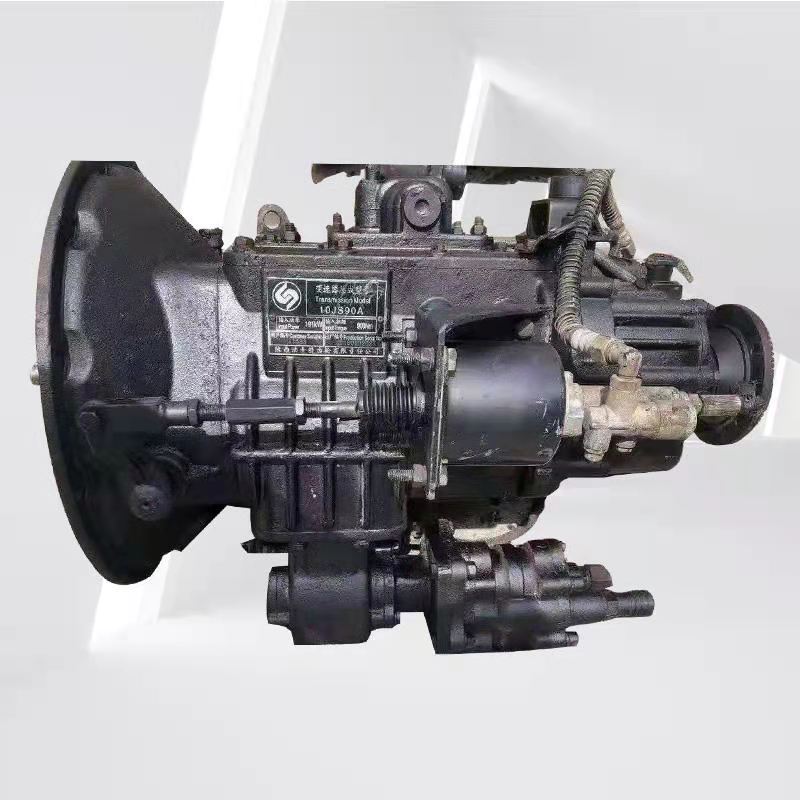Automotive accessories refer to various parts and equipment installed on a car, including engine parts, braking systems, suspension systems, body structures, electrical systems, lights, instrument panels, and so on. The quality and performance of these accessory materials directly affect the overall performance and safety of the car. So, what materials are used for car parts?

1. Steel
Steel is one of the most important and widely used materials in the manufacturing of automotive parts. The cylinder block, crankshaft, connecting rod, gears and other important components of automotive engines are all made of steel. In addition, steel is often used for components such as car chassis, frame, body structure, fuel tank, exhaust pipe, etc. The advantages of steel are high strength, corrosion resistance, and easy processing.
2. Aluminum alloy
Aluminum alloy is a lightweight and high-strength metal material commonly used in automotive production. The main advantage of aluminum alloy material is its light weight, which can reduce car weight, fuel consumption, and emissions. At the same time, aluminum alloy also has good thermal conductivity and corrosion resistance, and is commonly used in the manufacturing of wheels, engine cylinder heads, oil pans, etc.
3. Plastic
Plastic is a non-metallic material widely used in the manufacturing of automotive parts due to its advantages such as lightweight, adjustable hardness, flexible molding process, and low cost. Common plastic materials include polypropylene, polyethylene, polyurethane, polysuccinate, polyimide, etc. Plastics are commonly used in the manufacturing of automotive interiors, exterior decorations, lightweight components, etc.
4. Rubber
Rubber is an elastic material with excellent sealing and shock absorption properties. It is mainly used in parts such as tires, suspension systems, and brakes in automobile manufacturing. There are many types of rubber materials, and commonly used rubber materials include natural rubber, nitrile rubber, chloroprene rubber, propylene rubber, etc.
Overall, there are many types of materials for automotive accessories, each with its own characteristics and advantages. Automobile manufacturers need to comprehensively consider various factors such as the purpose, function, and cost of the vehicle when selecting materials, and select the most suitable materials to achieve the optimal effect.